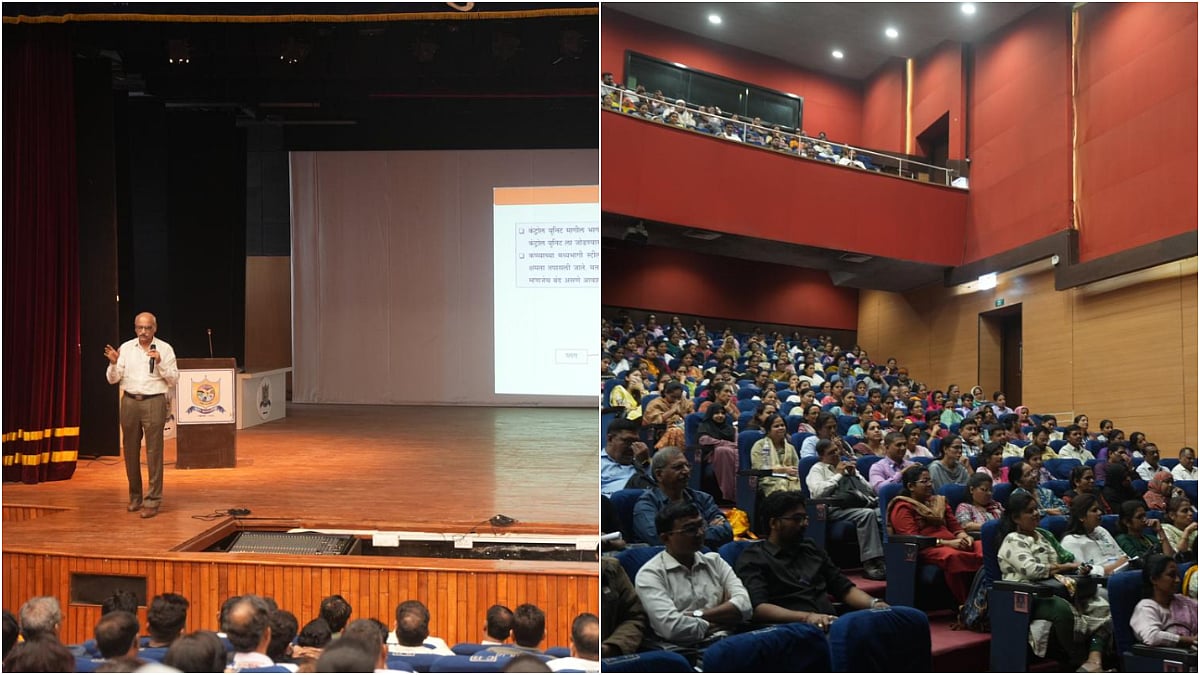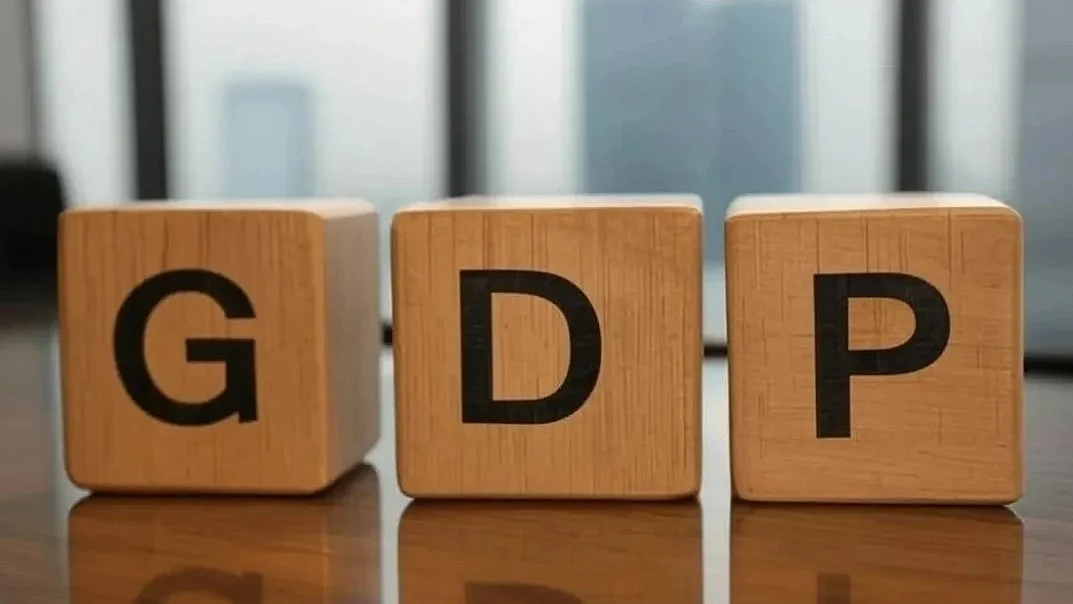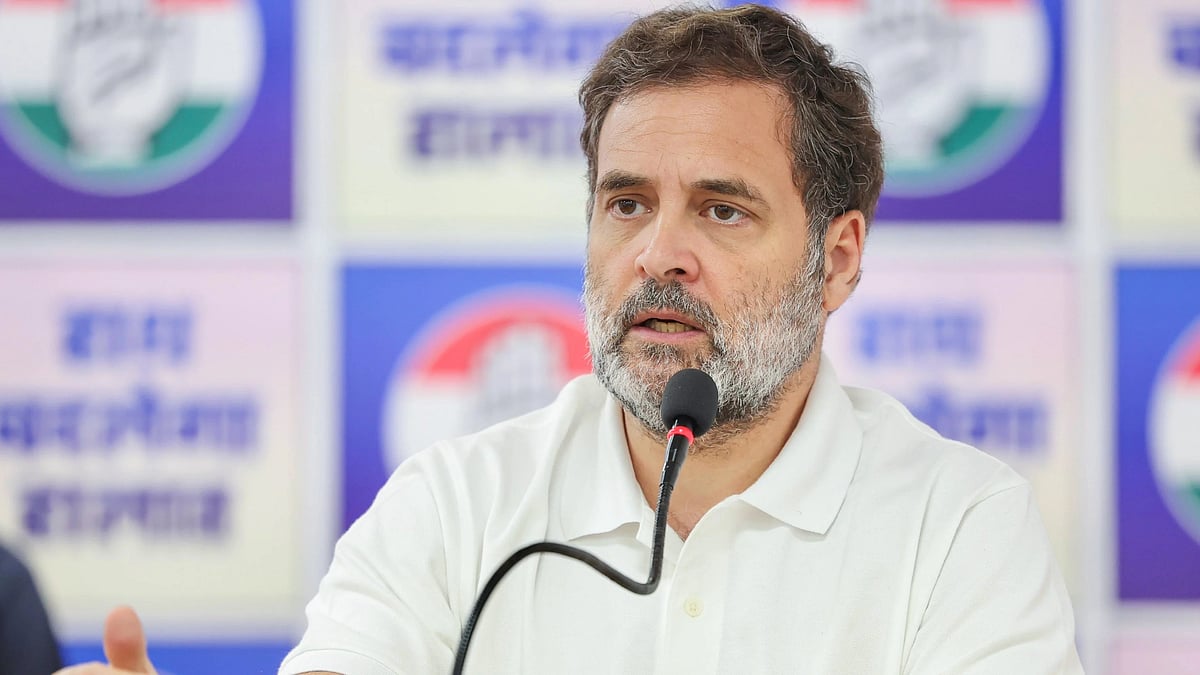The English intellectual poet John Dryden said, “It's fate that flings the dice...” So very true. Who could empathise with the quirks of fate better than the ever-marginalised composer Jaidev Verma? Despite being a mine of talent and endowed with an exquisite musical aesthetic, Jaidevnever got what he deserved. He remained unnoticed until he breathed his last at the age of 68; single and uncared for. Though the film industry has been ruthless to many composers, lyricists and actors, there have been a few who were particularly unfortunate. Jaidev was one of them. After more than three decades in the film industry, he had only about 40 films to his credit. Jaidev Verma was a child prodigy who could play the harmonica when he was only five years old. His career in Hindi films started in the 1930s as a singer-actor in a few films. In the mid-1930s he took a break from films and dedicated himself to learning music. Jaidev received formal training from several gurus including the legendary sarod player Ustad Ali Akbar Khan.
Jaidev’s lingering ill-fate should be understood in the context of the music fraternity of Hindi films. There’s no denying the fact that music has been integral to Hindi movies. In fact, good music saved many films from drowning in the sea of oblivion. Scores of composers, lyricists and singers tried their luck. When the talent pool was so huge and every composer and lyricist was really good, it became a classic case of embarras de richesses. Whom to choose and whom not to, was a proverbial Hamletian dilemma of to be or not to be. Insidious politics and envy also contributed to destroying many promising careers. Even a composer of Madan Mohan's stature didn't get genuine recognition. In such a mix of skills, connections, recommendations, envy and greed, self-effacing and simple individuals like Jaidev got sidelined.
Jaidev was an honest man of self-respect who didn't believe in usurping and worming his way into producers and directors’ good books. He believed that if he had the mettle, he’d get work. Work he certainly did get, but never in torrents. Jaidev got his first independent break with Joru ka Bhai (1955), which was directed by Chetan Anand, who had left Navketan given his differences with brother Dev Anand. Vijay Anand made his debut as an actor in this movie and Jaidev excelled in composing these songs: Subah ka intzar kaun karey, Tu sach bata mujhey jogi, Teri zulfon se pyaar kaun karey. Next year he gave music in Samundari Daku (1956), and its song, Dil jawan hai arzoo jawan, ek nazar idhar bhi meharbaan, became a chartbuster. Jaidev did wonders with the accordion orchestra in this duet.
Though lady luck smiled on him, it didn't smile for long. When Sahir and SD Burman parted ways after Pyaasa (1957), Dev Anand roped inJaidev, who was an assistant to S D Burman, for the movie Hum Dono (1961). Sahir's lyrics and Jaidev's compositions created ethereal magic. Connoisseurs still love to hum, Abhi na jaao chhod kar (Rafi-Asha) and Main zindagi ka saath nibhata chala gaya (Rafi). The lilting compositions provided some sort of a foothold to Jaidev. But it wasn’t enough. The observers of film music have noticed that there has always been an unwritten hierarchy prevalent in the Hindi film music. It was the singer who got a bigger slice of success, after the singer, came the lyricist and the composer always got the remnants. Unless you were Naushad or S D Burman, a composer in those days remained in the penumbra of singers and lyricists. Sahir openly said that it was because of his lyrics that the movie Pyaasa got cult status. This angered S D Burman, who really created wonderful music for the film.
Despite the phenomenal success of Hum Dono, Jaidev had a falling out with Navketan and he never worked for them again. He composed the music for the film Kinare Kinare (1963). The film didn't do well commercially and its songs also faded into oblivion. Yet, one still remembers Mukesh’s Jab gham-e-ishq satata hai and Chale jaa rahe hain by Manna Dey.
After Hum Dono (1961), Kinare Kinare (1963) and Sunil Dutt’s Mujhe Jeene Do, Jaidev got B-grade movies. Isn’t it ironic that the man who composed Ab koi gulshan na ujde ab vatan aazaad hai (Mujhe Jeene Do) and Nadi naare na jaao Shyam (Mujhe Jeene Do), didn’t get very many takers after that? Then came Reshma Aur Shera (1971). Its one song Tu chanda main chandni sung by Lata simply stands out.
After that, all the movies that he got were of low budgets. He composed music for Faslah (1964). Its one song is still popular: Zindagi cigarette ka dhuan. Films like Ek Hans Ka Joda (1975), Alaap (1977), Gaman (1977), Gharonda (1977), Dooriyaan (1979) also had beautiful songs composed by Jaidev. But they are hardly in the collective memory of the masses. Classes still love those songs but unfortunately, our barometer of popularity is determined by the masses. Parameters and perceptions of aesthetics are often in the hands of the populace. That’s why Jaidev’s two immortal numbers Ye wahi geet hai jisko main dhadkan mein basaya hai (Lyricist, Naqsh Layalpuri, Film: Maan Jaiye, 1972, Kishore Kumar) and Jaanisar Akhtar’s Ye dil aur unki nigaahon ke saaye (Film: Prem Parbat, 1973, singer Lata Mangeshkar) are almost forgotten. These films bombed at the box office. You don’t even get the print of the film Prem Parbat!
So, it was a saga of missed opportunities, mediocrity triumphing over merit and disillusionments. Jaidev remained neglected and snubbed throughout his career and died unsung. It’s time for the lovers of music to acknowledge and recognise the genius and greatness that always eluded this silent and unassuming man.
[Jaidev’s birth anniversary is on August 3.]
Sumit Paul is a regular contributor to the world’s premier publications and portals in several languages











